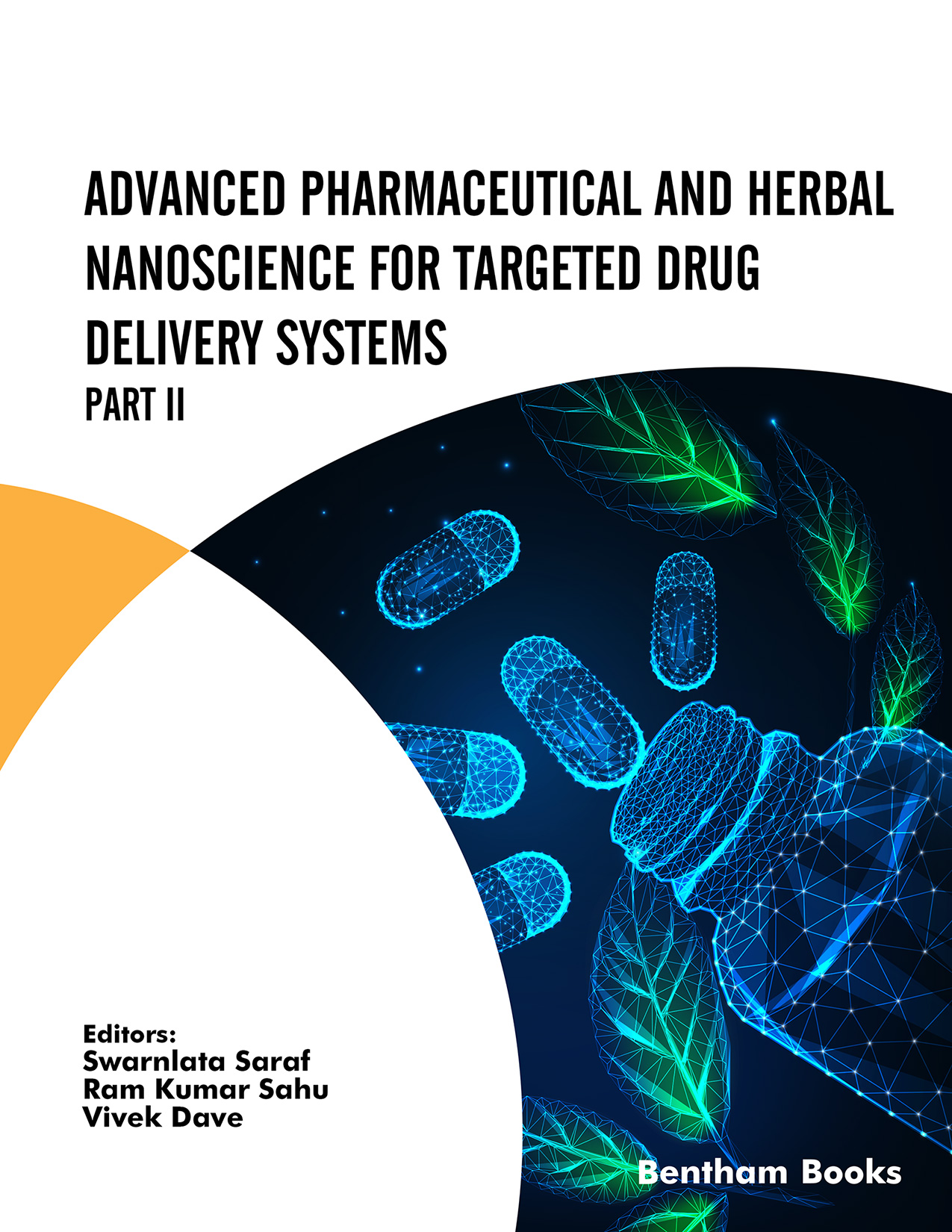Introduction
This 2-part reference informs readers about the application of drug delivery technologies to herbal medicines. Chapters cover a broad range of major topics on the subject of targeted drug delivery systems. These topics include the application of drug delivery systems for herbal nanomedicines, drug development issues, emerging technologies, adaptations for clinical use, market prospects and challenges of industrial commercialization. Chapters have been contributed by several experts in pharmaceutical chemistry and blend theoretical knowledge with practical aspects of drug delivery.
Part II covers the following topics:
- Pharmaceutical nanosciences and their application in the delivery of various phytoconstituents
- Design of cosmeceutical drug delivery systems: the role of nanotechnology in cosmeceuticals
- Transfersomes: a novel vesicular transdermal delivery system
- Self-nano/micro emulsified drug delivery systems
- Phytosomes
- The role of nanomedicines in ocular drug delivery systems
- Colloidosomes as an efficient novel drug delivery system: an update
- Herbal nanoscience: challenges and regulatory perspectives
- Vitamins based nanomedicine approach
- Dendrimers: a versatile nanoplatform for advanced targeting and bioactive(s) delivery
- Targeted drug delivery systems for cells and cell organelles
- Liposomes for herbal drug delivery
- AI in pharmacy, herbal medicine and drug delivery: sci-fi or reality?
This reference is a valuable resource for scholars that creates awareness of novel drug delivery systems as well as their promising applications in drug targeting, and nanotherapeutics for specific diseases.


